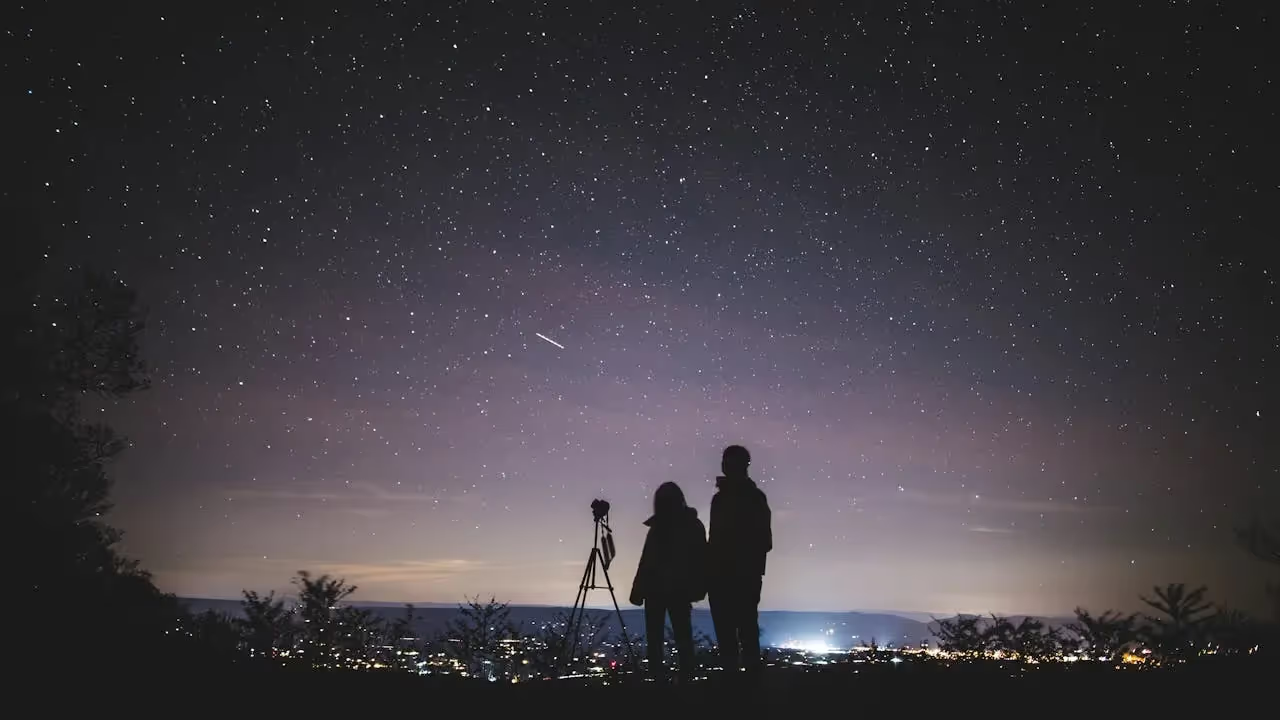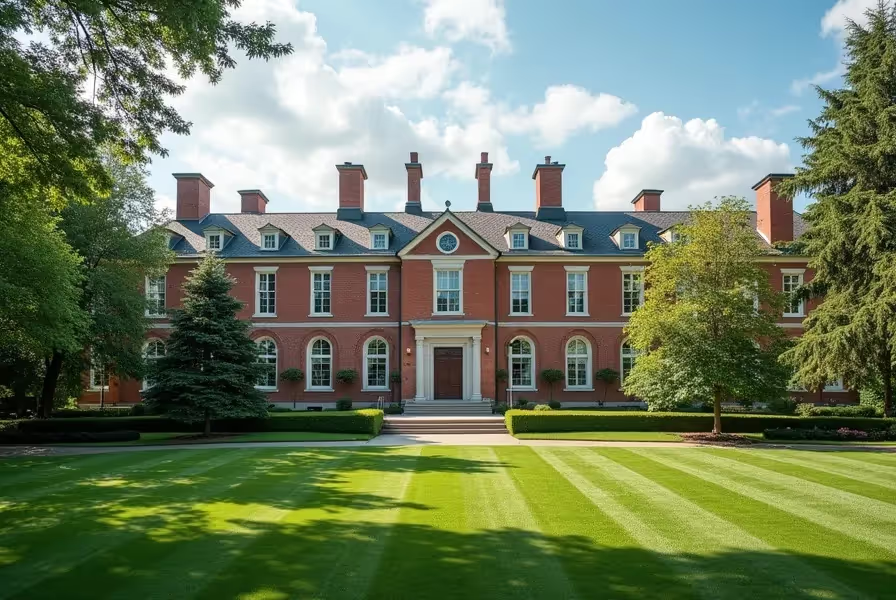Discover North Georgia’s Darkest Skies for Stargazing and Night Photography
Astrophotography offers a powerful way to combine technical skill with art. In North Georgia, you’ll find diverse landscapes and dark skies ideal for capturing stunning images of stars, planets, and celestial events. Whether you're a beginner with a DSLR or an experienced photographer with a telescope, the region offers some of the Southeast’s most accessible night sky locations.
North Georgia’s elevation, low light pollution, and natural beauty make it a top destination for night photography. From remote state parks to scenic mountain overlooks, you can enjoy crystal-clear views of the Milky Way and meteor showers. This guide will help you explore the best stargazing spots for capturing astrophotography in North Georgia.
Why Astrophotography is Popular in North Georgia
Because of its mix of elevation, accessibility, and distance from large city lights like Atlanta, North Georgia is one of the few places in the Southeast with true dark sky areas. Combined with Southern hospitality and beautiful backdrops, it’s a great choice for college students, photography enthusiasts, and those looking to build astrophotography skills.
- Low light pollution zones
- Varied terrain including mountains, lakes, and open fields
- Good weather conditions year-round for night photography
- Proximity to nearby universities and educational programs
Top Dark Sky Locations in North Georgia
Brasstown Bald – Georgia’s Highest Peak
Brasstown Bald’s 4,784-foot summit gives you a panoramic view of the night sky. With minimal surrounding light sources, this is one of the clearest points for capturing the Milky Way or star trails.
Features:
- Full 360-degree observation deck
- Low atmospheric interference due to elevation
- Limited seasonal access after sunset – check in advance
Vogel State Park – Ideal for Beginner Night Photographers
Located at the base of Blood Mountain, Vogel State Park offers easy access, open spaces, and minimal sky obstruction. It’s an ideal space if you are just learning how to capture stars or want to experiment with long exposure settings.
Why it works:
- Wide-open field areas near Lake Trahlyta
- Dark sky conditions during new moon phases
- Educational night programs offered seasonally
Fort Mountain State Park – Rugged, Remote, and Atmospheric
Located in the Cohutta Mountains, Fort Mountain offers a darker and less-traveled landscape. You’ll find ancient rock formations and misty mountain views that add drama to your astro shots.
Highlights:
- High elevation removes low-level light pollution
- Unique rock tower adds foreground interest
- Camping options available for overnight shoots
Black Rock Mountain State Park
Georgia’s highest state park offers amazing views of distant mountain ranges and extremely dark skies, especially useful in late fall and early winter.
Good to know:
- Remote with little to no ambient city glow
- Best visited during new moon and dry conditions
- Layer up – temperatures drop rapidly at high altitudes
Unicoi State Park – Easy Access with Scenic Beauty
If you need a balance between accessibility and sky quality, Unicoi State Park is a solid option. Located near Helen, it offers forest clearings and lake reflections that enhance your night photography.
Perfect for:
- Quick day-to-night trips
- Foreground compositions with water or trees
- Workshops or group photo shoots
Best Times for Stargazing and Astrophotography in North Georgia
Timing your trip can greatly affect your results. Aim for nights when the moon is absent or minimal, and choose dates when visibility is high.
- New Moon: Best phase for darkest conditions
- Summer: Milky Way is most visible between June and August
- Fall and Winter: Clearer skies with less humidity
- Peak Meteor Showers: Perseids (August), Geminids (December)
How to Get Started with Astrophotography
You don’t need to invest in complex equipment right away. Start with a DSLR, tripod, and basic interval timer. Use manual settings and long exposures to capture more starlight.
Simple starter gear includes:
- DSLR or mirrorless camera
- Sturdy tripod
- Wide-angle lens (f/2.8 or lower aperture preferred)
- Remote shutter release or intervalometer
- Mobile app for sky tracking
Can College Students Learn Astrophotography in North Georgia?
Yes. Many colleges and universities in Georgia offer astronomy tools, photography clubs, and access to local parks for hands-on learning. Whether you're majoring in a scientific or creative field, astrophotography bridges technical skill with artistic expression.
Frequently Asked Questions: North Georgia Stargazing & Night Photography
Where can I see the Milky Way in North Georgia?
The best Milky Way viewing spots are Brasstown Bald, Fort Mountain, and Black Rock Mountain. Visit during the summer months on a new moon night for maximum visibility.
Do I need a telescope for astrophotography in North Georgia?
No. While telescopes are useful for deep space photography, landscapes with starry skies can be captured with a basic DSLR and tripod. A fast lens will help improve your results.
What’s the darkest place in North Georgia?
Fort Mountain and Black Rock Mountain offer some of the darkest skies due to their remote locations and high elevations. These sites are ideal for serious astrophotographers.
Can I do astrophotography near Helen, Georgia?
Yes. Unicoi State Park and nearby areas offer good dark conditions with scenic backgrounds like forests and lakes for creative compositions.
Are there stargazing events I can attend?
Yes. Parks like Vogel and Fort Mountain offer evening ranger programs or astronomy nights. Check the park’s calendar for scheduled events and educational workshops.
Final Thoughts: Exploring Education Through Astrophotography
Stargazing and night photography can inspire curiosity, critical thinking, and creativity. For high school graduates, college students, or lifelong learners, astrophotography offers a strong entry point into science, technology, and art. With North Georgia’s breathtaking natural settings, you’ll have everything you need to build your skills, capture unforgettable images, and explore the universe—right from your backyard.











.svg)



